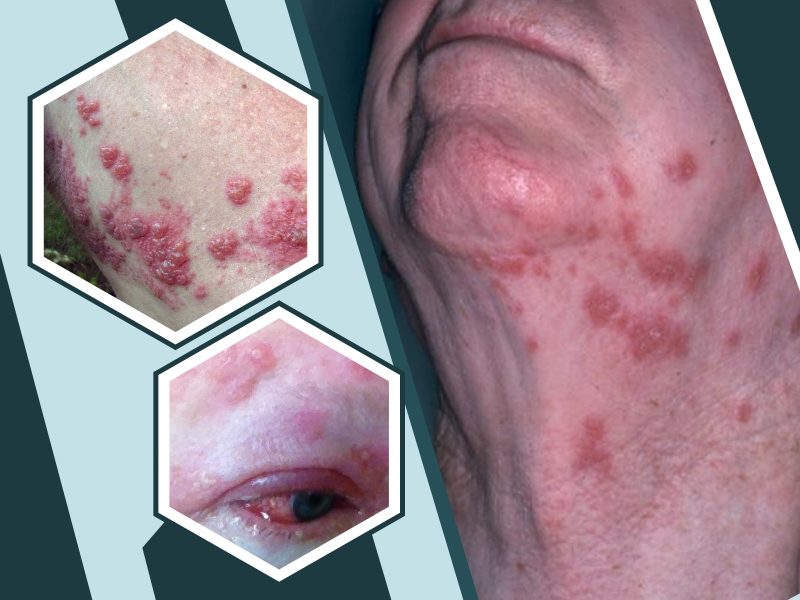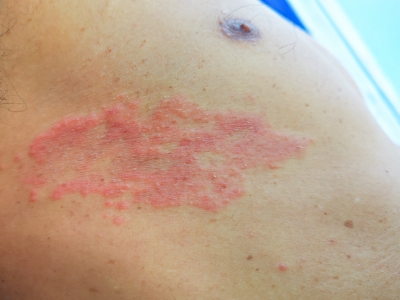Shingles: Risk factors and Prevention

Anyone who has ever had chickenpox has a high risk of shingles. In the United States, most adults had chickenpox when they were children, before the advent of the routine childhood vaccination that now protects against chickenpox.
Shingles is not a life-threatening condition, but they can be very throbbing. To prevent shingles, vaccines can help to lessen the risk. Early treatment can help shorten a shingles infection and lessen the chance of complications.
Symptoms of Shingles

Symptoms of shingles usually affect only a small section of one side of your body. These symptoms may include:
- Fluid-filled blisters that break open and crust over
- Itching
- Pain, burning, numbness, or tingling
- A red rash that begins a few days after the pain
- Sensitivity to touch
Some people may also experience:
- Sensitivity to light
- Fatigue
- Fever
- Headache
When to see a doctor:
- You are 60 or older. Age significantly increases your risk of complications.
- The pain and rash occur near an eye. If left untreated, this infection can lead to permanent eye damage.
- You or someone in your family has a weakened immune system.
- The rash is widespread and painful.
Who Are At Risk Of Shingles?
Factors that may increase the risk of developing shingles include:
- Being older than 50 because shingle is most common in people older than 50. The risk increases with age.
- Having certain diseases that weaken your immune system can increase your risk of shingles.
- Undergoing cancer treatments. Chemotherapy and radiation can lower your resistance to diseases and may trigger shingles.
- Taking certain medications. Drugs designed to prevent the rejection of transplanted organs can increase your risk of shingles.
How To Prevent Shingles?
A shingles vaccine may help prevent shingles. The vaccine will likely lessen the course and severity of the disease and lessen your risk of postherpetic neuralgia.
The shingles vaccine is used only as a prevention strategy. It’s not intended to treat people who currently have the disease. Talk to your doctor about which option is appropriate for you.
Treatment for Shingles
Prompt treatment with prescription antiviral drugs can speed healing and lessen your risk of complications. The medication may include:
- Valacyclovir – this medicine is an antiviral drug that stops the growth of certain viruses. The viruses that cause these infections continue to live in the body even between outbreaks. The drug reduces the severity and length of these outbreaks. Valacyclovir helps the sores heal faster, keeps new sores from forming, and decreases pain and itching. This medication may also help reduce how long pain remains after the sores heal.
Shingles can cause severe pain, so your doctor also may prescribe:
- Capsaicin topical patch
- Anticonvulsants (Gabapentin (Neurontin)
- Tricyclic antidepressants (Amitriptyline)
- Numbing agents (Lidocaine)
- Medications that contain narcotics (Codeine)
- An injection including corticosteroids and local anesthetics
Shingles generally last between two and six weeks. Most people get shingles only once, but it is possible to get it two or more times.



